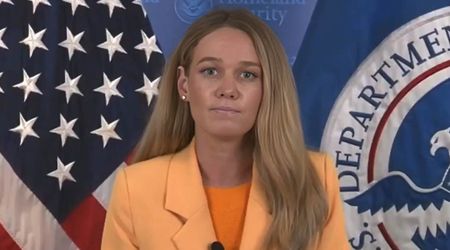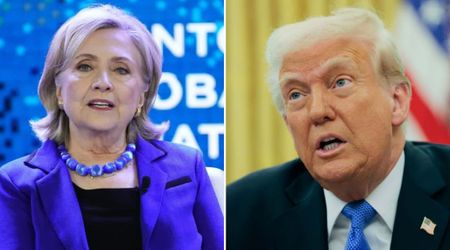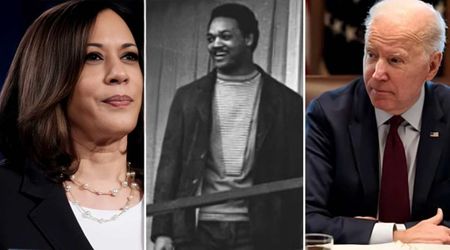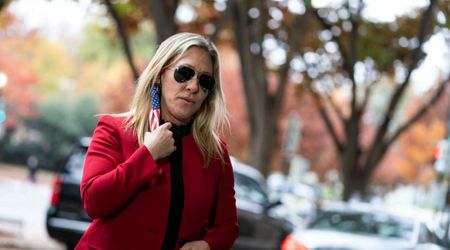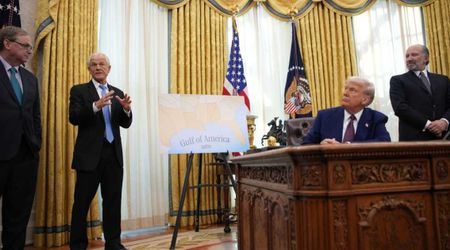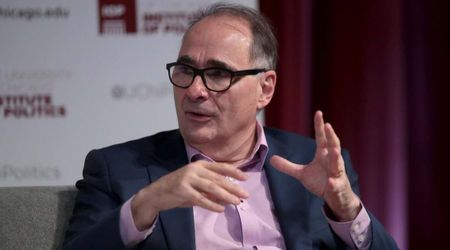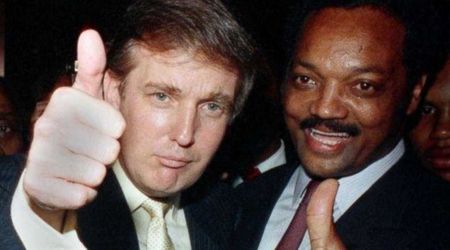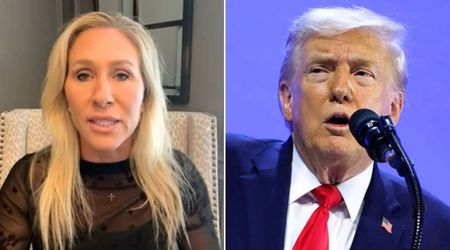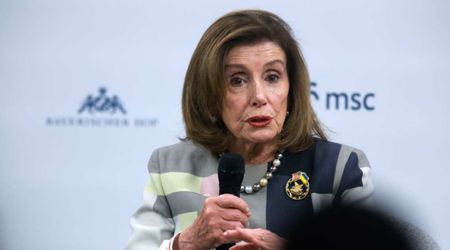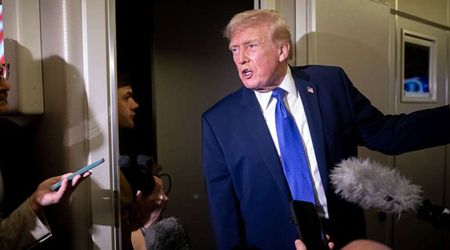Why Michael Cohen holds the key: Former attorney's testimony could make or break case against Donald Trump
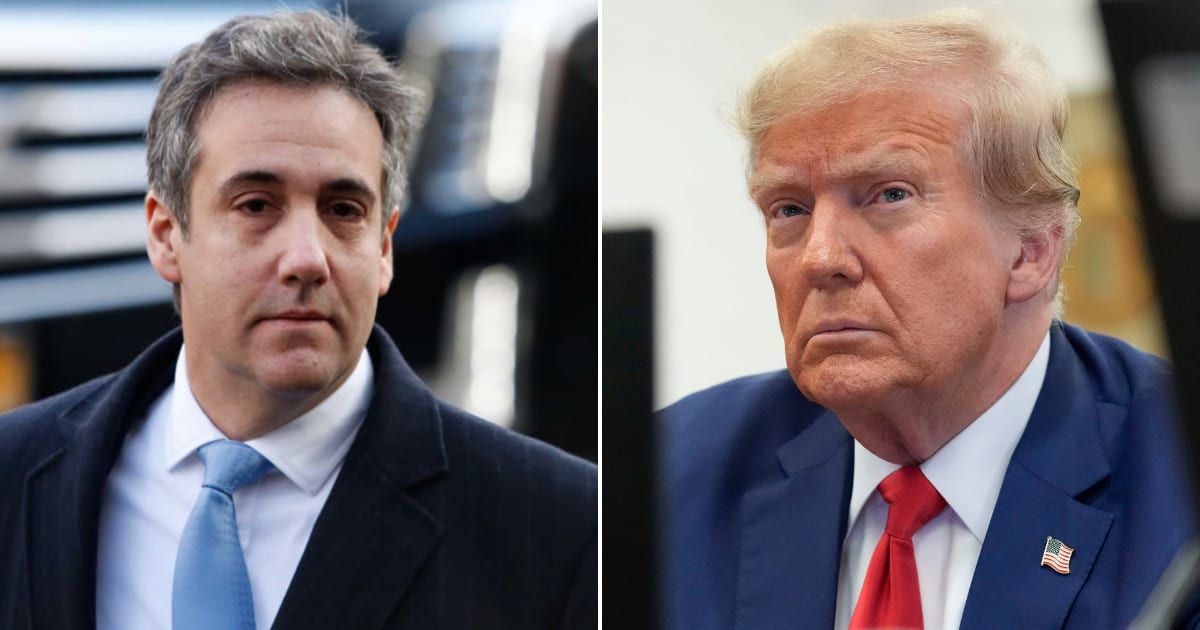
NEW YORK CITY, NEW YORK: Before stepping foot into courtroom 1530, Michael Cohen found himself thrust into the spotlight of Donald Trump's hush money case, his position as a pivotal witness placing him squarely at the heart of the proceedings.
During the trial's second week, prosecutor Joshua Steinglass prompted celebrity lawyer Keith Davidson about a message he had received, asking him to "call that jerk back." With a touch of humor that resonated through the public gallery, Steinglass pressed further, asking, "Who was that jerk?"
Davidson's response drew laughter as he pointedly identified the individual in question as "Michael Cohen."
Michael Cohen's integral role and prosecution's narrative
The dynamics of the trial were becoming increasingly evident. While Trump's defense sought to cast doubt on Cohen's credibility, highlighting his past as a disbarred attorney and his shifting narratives regarding the $130,000 payment to Stormy Daniels, the prosecution aimed to leverage Cohen's testimony to establish a direct link between Trump and the payment.
Legal experts observed the unfolding strategies of both sides as they prepared for a courtroom showdown upon Cohen's anticipated appearance.
The defense aimed to sow seeds of skepticism among the jurors, emphasizing the unreliability of a witness who had served prison time for federal crimes. Conversely, the prosecution seemed unfazed by Cohen's shortcomings, even orchestrating a series of moments during the trial where witnesses subtly ridiculed him.
"I think the prosecution is hoping the jury when they see him won't be shocked," Catherine Christian, a former Manhattan assistant district attorney, told the Daily Mail. "That could be a double-edged sword. Will the jury say: 'Oh, here's that liar. We're not gonna believe what he says'."

The prosecution's reliance on Cohen as a linchpin in their case was evident. Their narrative painted Cohen as instrumental in facilitating Trump's efforts to silence Stormy Daniels, thereby averting a potentially damaging revelation on the eve of the 2016 election.
Documents presented in court detailed the non-disclosure agreement with Daniels and showcased the paper trail of payments, allegedly signed by Trump himself. Through a sequence of witnesses, prosecutors sought to establish a clear path from Cohen to Trump, outlining the orchestration of the payment scheme.
However, one crucial element remained missing: direct confirmation that Trump had instructed these actions. This gap underscored the pivotal role Cohen's testimony would play, presenting both an opportunity for the prosecution and a target for the defense.
Hope Hicks, a former insider in Trump's world, provided insights into Cohen's role as Trump's so-called "fixer." She told the court, "I used to say that he liked to call himself 'a fixer' or 'Mr. Fix It,' and it was only because he first broke it that he was able to come and fix it."
Michael Cohen's loyalty and legal troubles
Cohen's entanglement in Trump's affairs dates back to his tenure at the Trump Organization, where he embraced the role of Trump's enforcer.
"If somebody does something Mr Trump doesn't like, I do everything in my power to resolve it to Mr Trump's benefit," he told ABC News in 2011. "If you do something wrong, I'm going to come at you, grab you by the neck and I'm not going to let you go until I'm finished."
His loyalty was tested when news of the hush money payment to Stormy Daniels surfaced just days before the 2016 election.

Initially, Cohen asserted sole responsibility for the payment, adamantly denying any reimbursement from the Trump Organization or campaign. "Neither the Trump Organization nor the Trump campaign … reimbursed me for the payment," he said in 2018.
Yet, as federal scrutiny intensified, Cohen's allegiance wavered, leading to his eventual conviction on charges including campaign finance violations, tax fraud, and bank fraud.
In a dramatic turn, Cohen publicly denounced Trump. telling a congressional committee in 2019, "I am ashamed because I know what Mr. Trump is. He is a racist. He is a con man. He is a cheat."
However, his credibility faced further scrutiny when he later recanted his admission of tax evasion during a civil fraud case against Trump, raising doubts about his integrity.
Despite objections from Trump's legal team, Cohen was permitted to testify by Judge Juan Merchan, who noted that no law or statute-barred witnesses whose credibility was in question.
Prosecution's preparation for Michael Cohen's testimony
As preparations for his testimony intensified, prosecutors faced the challenge of ensuring Cohen presented himself credibly and remained resilient under scrutiny.
Andrew Weissmann, a former senior DOJ prosecutor, stressed the importance of Cohen accepting responsibility for his actions and maintaining composure during questioning.
"They need to prepare him to own his wrongdoing and not be thin-skinned. Easier said than done," Weissman told the Daily Mail. "I don’t think they can put him on quickly as he has a lot of information that is relevant to the trial."
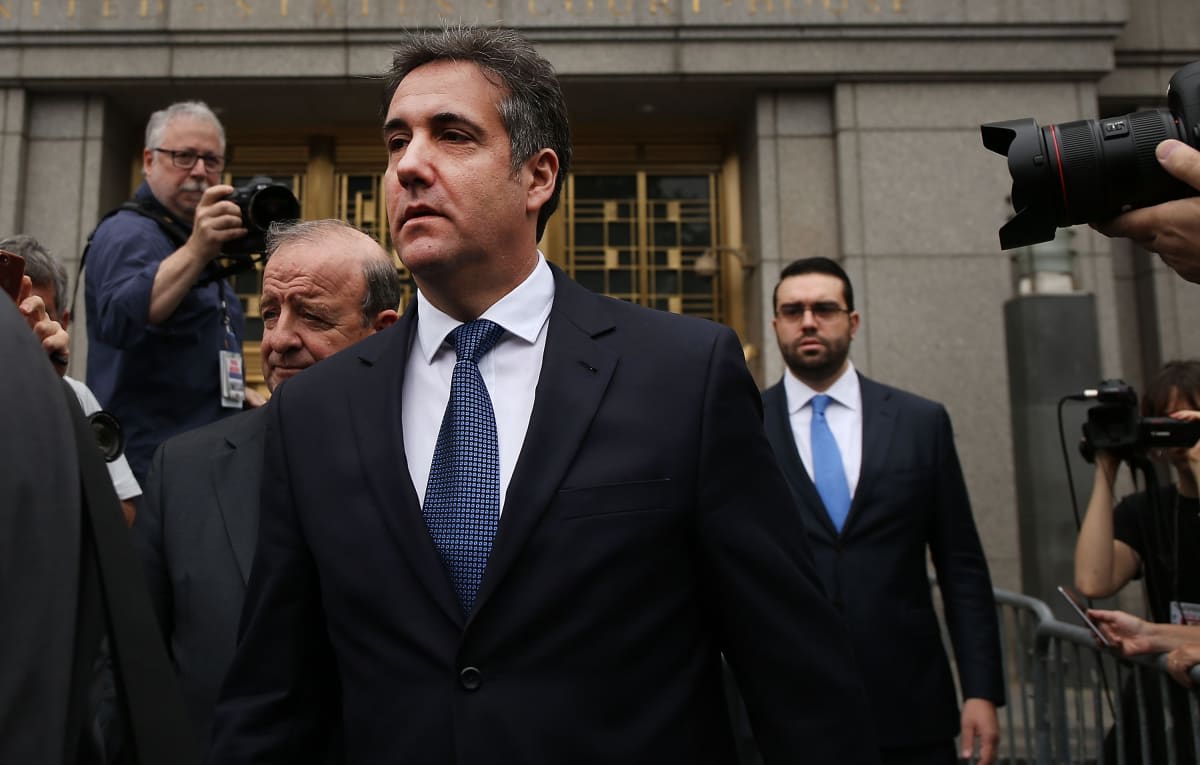
Meanwhile, Cohen's public persona continued to reflect his animosity towards Trump. "Trump 2024? More like Trump 20-24 years," he said in a recent TikTok post, further complicating the prosecution's efforts to present him as a reliable witness.
As the trial progressed, Cohen emerged as a unique challenge for prosecutors, given his tainted credibility stemming from his history of dishonesty.
Christian noted the unprecedented nature of relying on a witness with a conviction for perjury. "Michael Cohen is different," she told the Daily Mail. "I have to say I had witnesses that had criminal records, including for violence. I never had a witness that had a conviction for lying ... ever," she added.

